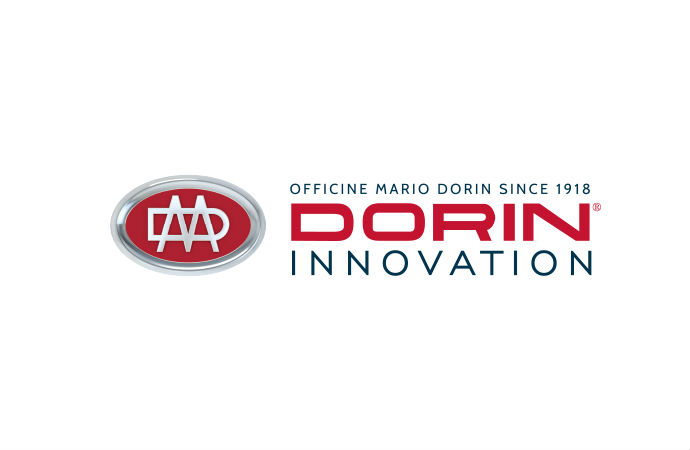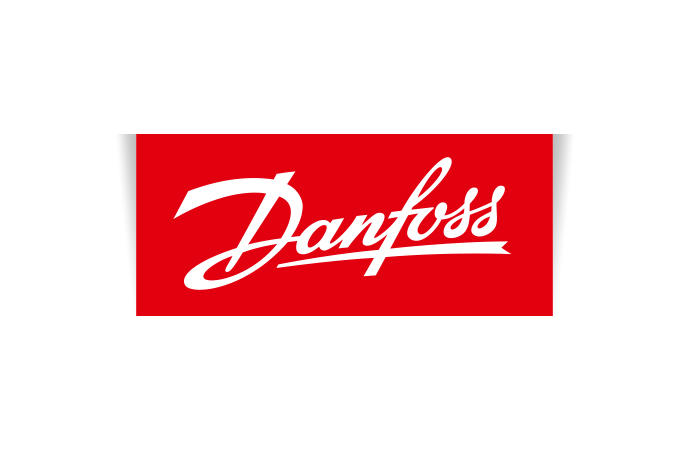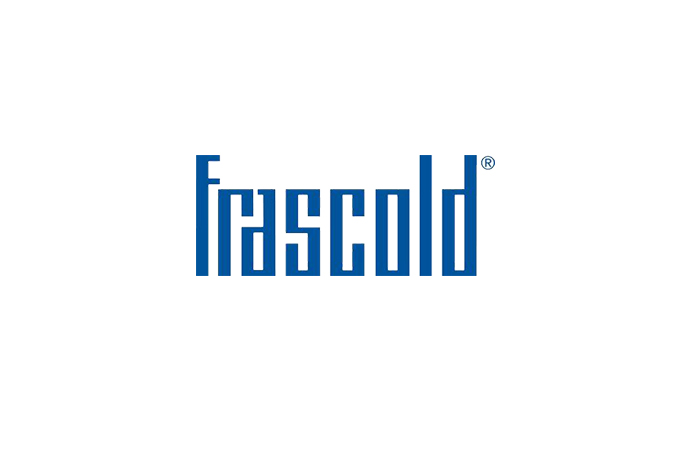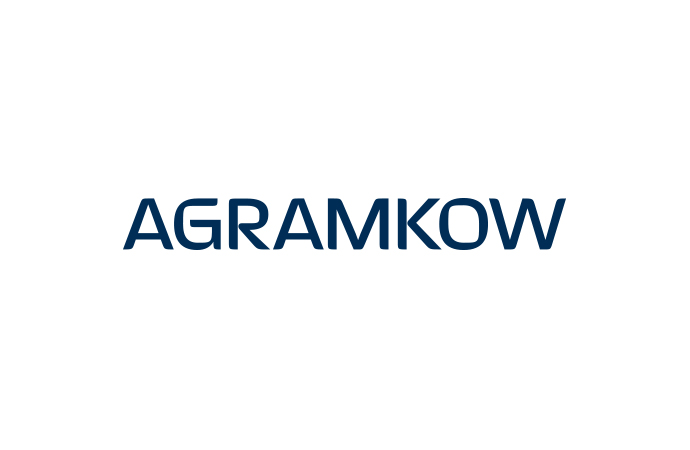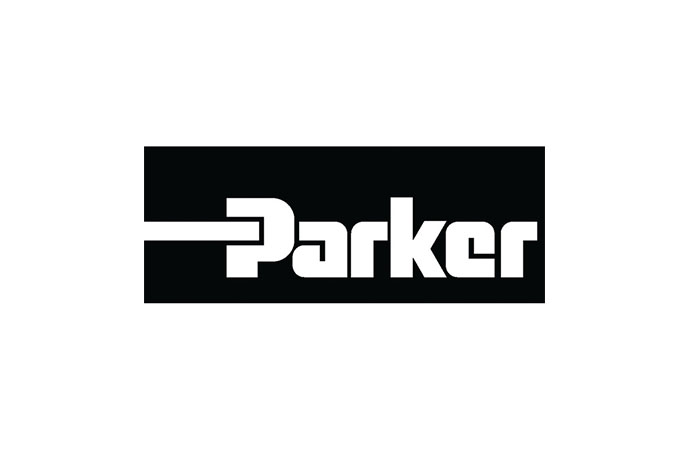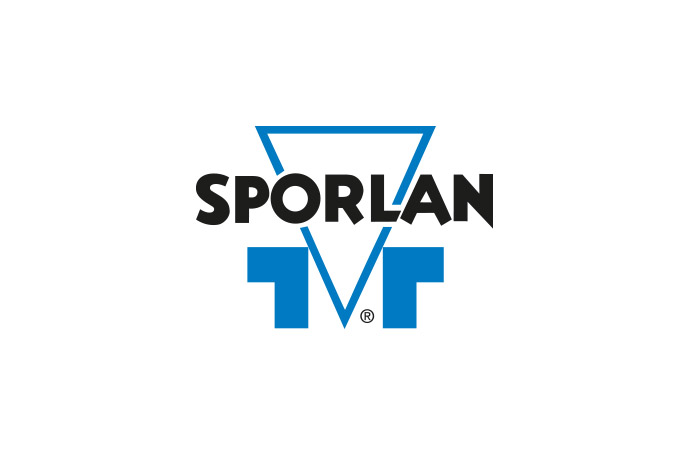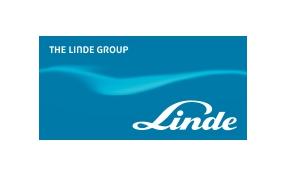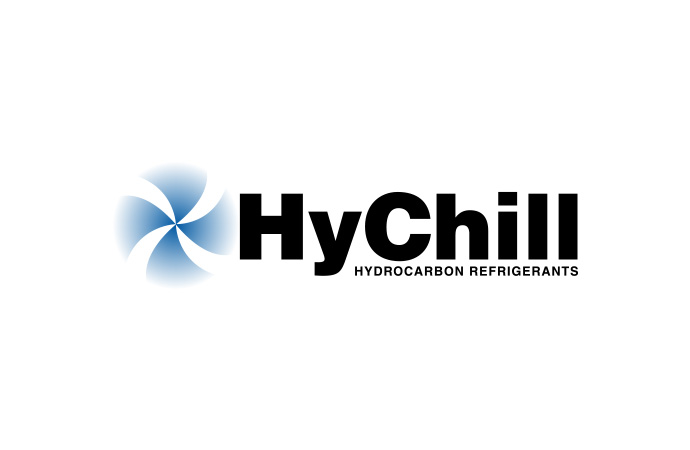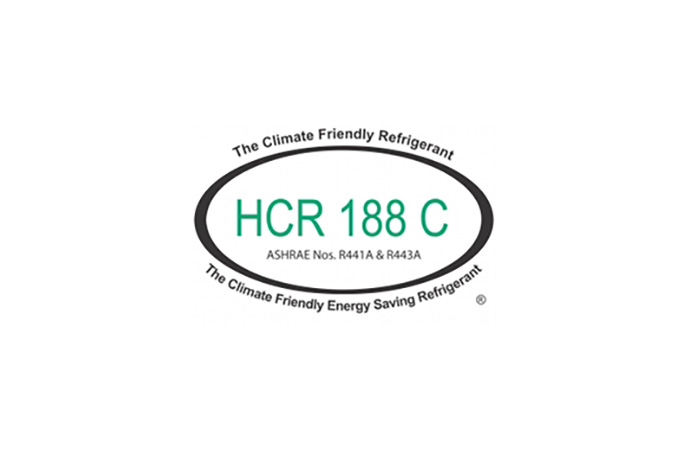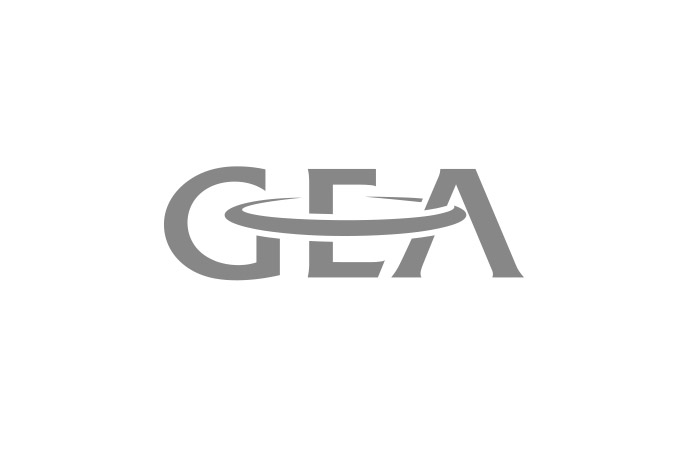In the second part of our interview, Professor Roberto Peixoto from the Instituto Maua de Tecnologia (IMT), Brazil, speaks about the possibility of replicating the Chinese Gree experience and developing a hydrocarbon production line in Brazil, about natural refrigerants in commercial applications, and about Brazil's HCFC Phase-out Management Plan (HPMP).

hydrocarbons21.com: Earlier this year Gree opened a production line for hydrocarbon air conditioners in China. What are the prospects for a similar project in another BRIC country such as Brazil?
Roberto Peixoto: There is a big difference between China and Brazil: China has
several national Chinese manufacturers producing air conditioning equipment. In Brazil there is no large nationally owned company equivalent to Gree. We have American, European, Japanese and Korean companies assembling air conditioners in the special economic zones, particularly in the North in Manaus. Therefore, the decision to start such a project in Brazil would depend very much on these multinational companies and their global strategy.
There is one driving force that could provide an incentive for such a project, and that is the strong economic growth that Brazil is experiencing. We will have to wait and see.
hydrocarbons21.com: At the 64th Meeting of the Executive Committee of the Multilateral Fund Brazil’s HCFC Phase out Management Plan (HPMP) was approved. What provisions for natural refrigerants such as hydrocarbons, is any, can be found in the Brazilian HPMP?
Roberto Peixoto: In the case of Brazil the country’s HPMP will not have much of an impact on the refrigeration and air conditioning industry because the HPMP addresses for the most part foam. In Brazil there is a huge consumption of HCFC 141b. The strategy adopted by the Brazilian government and the UNDP that developed the plan was to focus on reduction in use in this area.
With regards to the refrigeration and air conditioning sector, the Brazilian HPMP does address emissions reductions together with the need to ensure proper servicing and make systems leak tight, which will affect commercial refrigeration and in particular supermarkets. In the first instance therefore, there will be no conversions to natural refrigerants, as a result of the HPMP.
However, there could be potential for natural refrigerants in the Chilean HPMP, which includes a provision for a supermarket demonstration project using low a GWP refrigerant, such as a natural refrigerant.
hydrocarbons21.com: With regard to commercial refrigeration, Brazilian supermarket Verdemar, in Belo Horizonte, recently pioneered the use of CO2 as a refrigerant, whilst in the UK some retailers have invested in hydrocarbon commercial refrigeration installations. Do you know of any Brazilian retailers preparing to trial the use of hydrocarbon refrigerants?
Roberto Peixoto: There is a company in the South of Brazil that has tested a refrigeration unit in a laboratory that uses hydrocarbon as the primary refrigerant in a direct system. However, I do not know of any plans yet to build a store using this technology. For the CO2 installation I know that Bitzer was very much involved and are aiming to launch a second CO2 store later this year.
hydrocarbons21.com: Hydrocarbons are commonly used in as a refrigerant in mobile air conditioning (MAC) systems in Australia. Are there hydrocarbon MACs in Brazil?
Roberto Peixoto: There are no hydrocarbon MACs in Brazil that I know of, but perhaps there are in rural areas where there is limited servicing infrastructure for the traditional refrigerants such as R134a.
If someone wants to use hydrocarbons in an appropriate way they have to follow strict procedures to avoid any safety issues.
hydrocarbons21.com: How does Brazil view HFC phase-out proposals?
Roberto Peixoto: The Brazilian government, together with India and China have been very resistant to these proposals. I think the Brazilian position depends very much on how other Article 5 countries like China and India address HFC phase-out proposals.
MORE INFORMATION
Related stories


